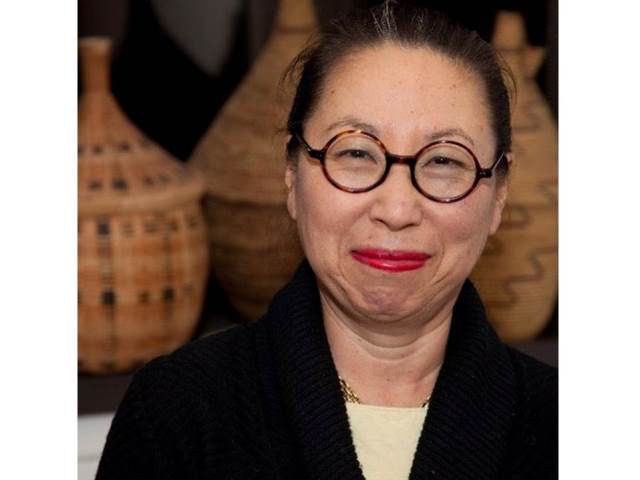In the Special Issue of Global Policy, 2019. Knowledge and Politics in Setting and Measuring SDGs. Professor Sakiko Fukuda-Parr, Professor and Director at the Studley Programs in International Affairs at The New School in New York, and Desmond McNeill of the University of Oslo point out the working of knowledge and politics in setting and measuring the SDGs and danger for too much reliance on indicators that can distort social norms, frame hegemonic discourses, and reinforce power hierarchies. 14 articles and 10 commentaries in the special issue is freely accessible by the following website: https://www.globalpolicyjournal.com/journal-issue/special-issue-knowledge-and-politics-setting-and-measuring-sdgs

Professor Sakiko Fukuda-Parr, who was Director of the Human Report Office of UNDP from 1996 to 2005, pointed out in 2016 (http://dx.doi.org/10.1080/13552074.2016.1145895 )that the Sustainable Development Goals (SDGs) differed from the MDGs in purpose, concept, and politics. She argued that the SDGs addressed several of the key shortcomings of the MDGs and incorporated a broader and more transformative agenda that more adequately reflected the complex challenges of the 21st century as well as the need for structural reforms in the global economy. In her view, the SDGs also reversed the MDG approach to global goal setting and the misplaced belief in the virtues of simplicity, concreteness, and quantification. While the SDGs promise the potential for a more transformative agenda, its implementation depended on continued advocacy on each of the targets to hold authorities to account.
In 2019, she and Professor Desmond McNeill investigated the politics that shaped the SDGs, the setting of the goals, the selection of the measurement methods and believe that the SDGs ushered in a new era of ‘governance by indicators’ in global development. Goal setting and the use of numeric performance indicators have now become the method for negotiating a consensus vision of development and priority objectives. The choice of indicators has become a technical issue, but measurement methods interprets and reinterprets norms, carry value judgements, theoretical assumptions, and implicit political agendas. As social scientists have long pointed out, reliance on indicators can distort social norms, frame hegemonic discourses, and reinforce power hierarchies. She says the open multi-stakeholder negotiations helped craft a more transformative and ambitious goals. But across many goals, there was slippage in ambition when targets and indicators were selected. They have found the increasing role of big data and other non-traditional sources of data is altering data production, dissemination and use, and fundamentally altering the epistemology of information and knowledge. This raises questions about ‘data for whom and for what’ – fundamental issues concerning the power of data to shape knowledge, the democratic governance of SDG indicators and of knowledge for development overall.




